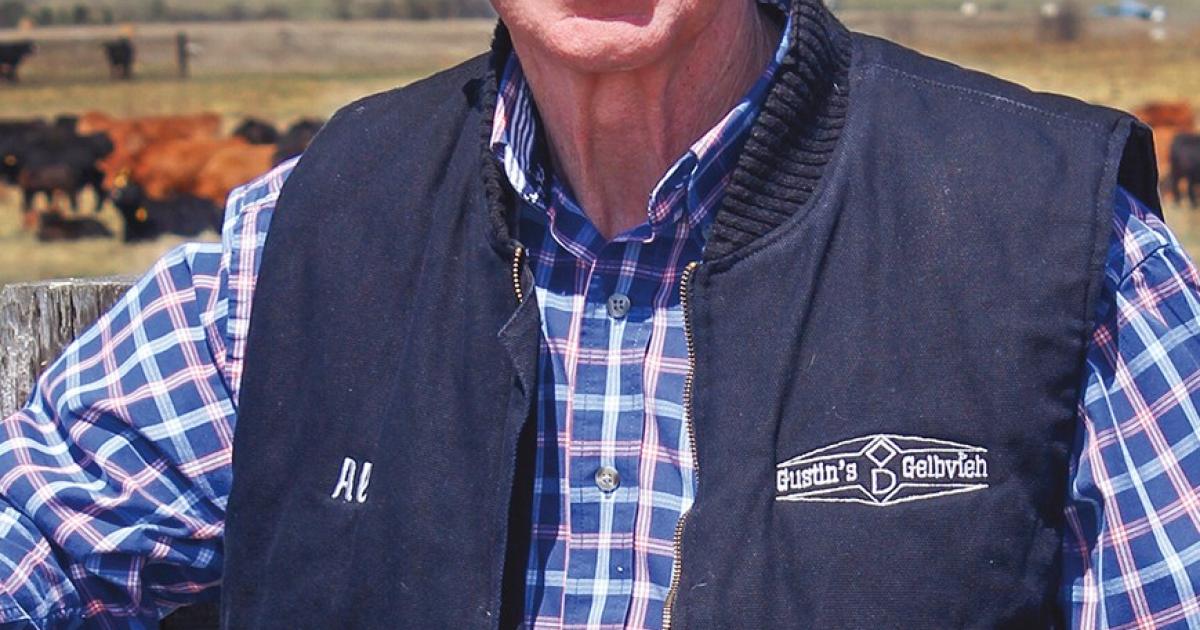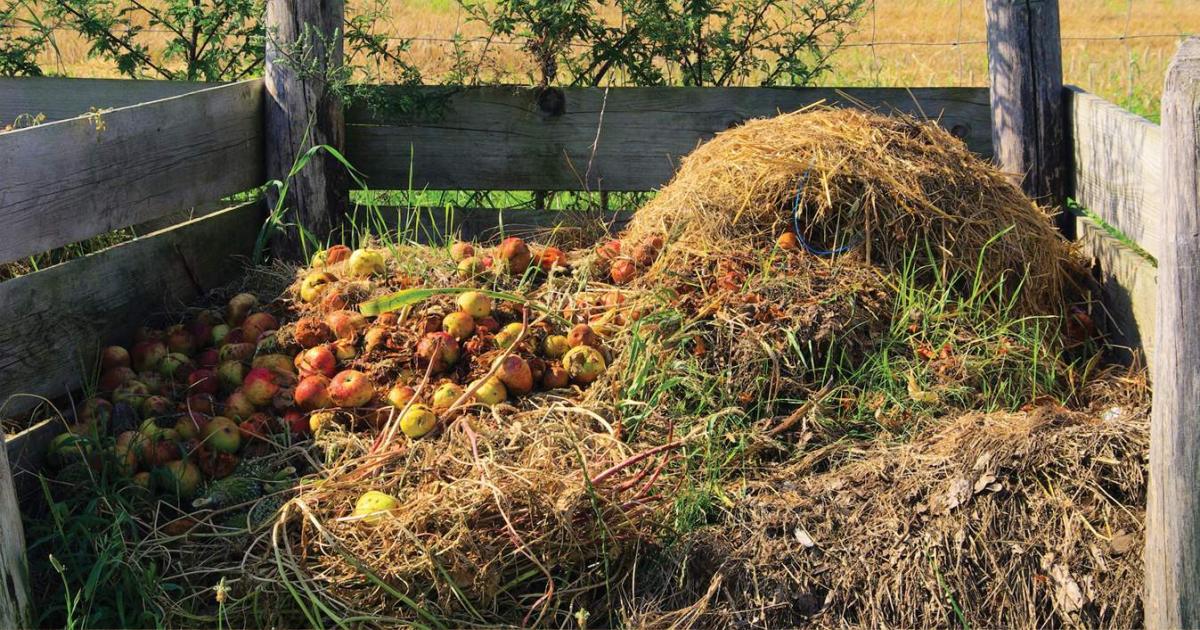The productivity of U.S. farms and ranches is well-documented. One farm in this country feeds 165 people annually in the United States and abroad. There are numerous reasons for that productivity. North Dakota State University (NDSU) President Dean Bresciani believes the Morrill Act is one of them.
Al Gustin
Each year during the Harvest Bowl, Dr. Bresciani talks about the role of Land Grant Universities like NDSU. He points out that the Morrill Act, signed by President Lincoln in 1862, created a mechanism for states to establish schools that would concentrate on engineering and agriculture. Twenty-five years later, Congress funded agricultural experiment stations. In 1914, the Smith-Lever Act created the Cooperative Extension Service.
Prior to the Morrill Act, Dr. Bresciani says, higher education was primarily for well-to-do citizens, not for the average person, and especially not for the rural poor.
The creation of Land Grant Universities and their Extension Services, he says, created a way for science-based knowledge about production agriculture to be conveyed to the children of farmers and ranchers, and to the farmers and ranchers themselves. As a result, he says, our agricultural industry is highly productive – the envy of the rest of the world – and provides enough food to feed all of us and millions more.
We wonder how productive U.S. agriculture would be if it had not been for Land Grant Universities. Agronomist Eric Eriksmoen at the North Central Research Extension Center in Minot told me about a delegation of South African farmers who visited the center to learn about canola production. Eriksmoen says the farmers were envious of U.S. producers who have the benefit of an Extension Service. In their country, there is no formal farmer education.
While that remains true in many countries, in others, farmers are highly trained and highly productive. Today, technology transfer is rapid and without borders. Still, the creation of Land Grant Universities more than 150 years ago was critical in lifting farmers in this country from a subordinate status. It gave them a head start among the world’s farmers in becoming as productive as they are.
Al Gustin is a retired farm broadcaster, active rancher and a member of Mor-Gran-Sou Electric Cooperative.










